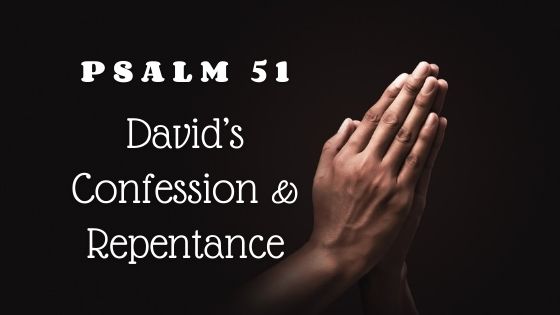Psalm 51 Devotional
Today’s post is a devotional and reflection on Psalm 51. In this chapter, we read of King David’s confession and repentance after the prophet Nathan rebuked him of his sin (See 2 Samuel 12:1-14). Living in a No-Fault Society We live in a society where most people have adopted the “I’m-not-responsible” mentality. Every time we … Read more

